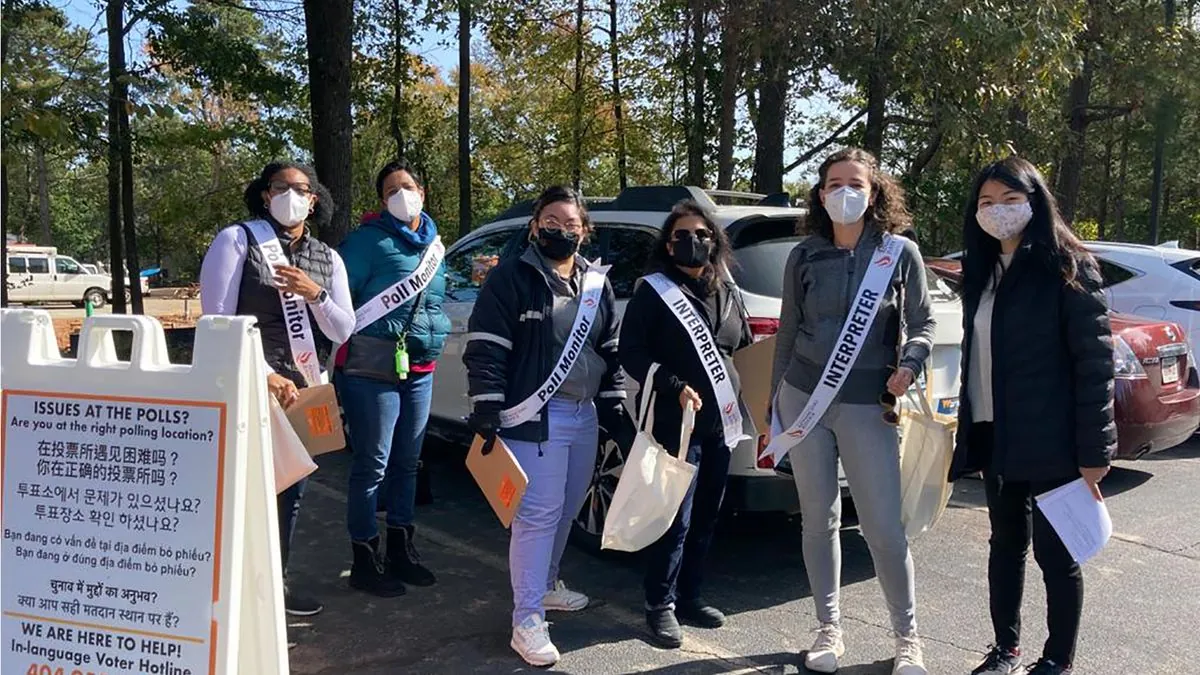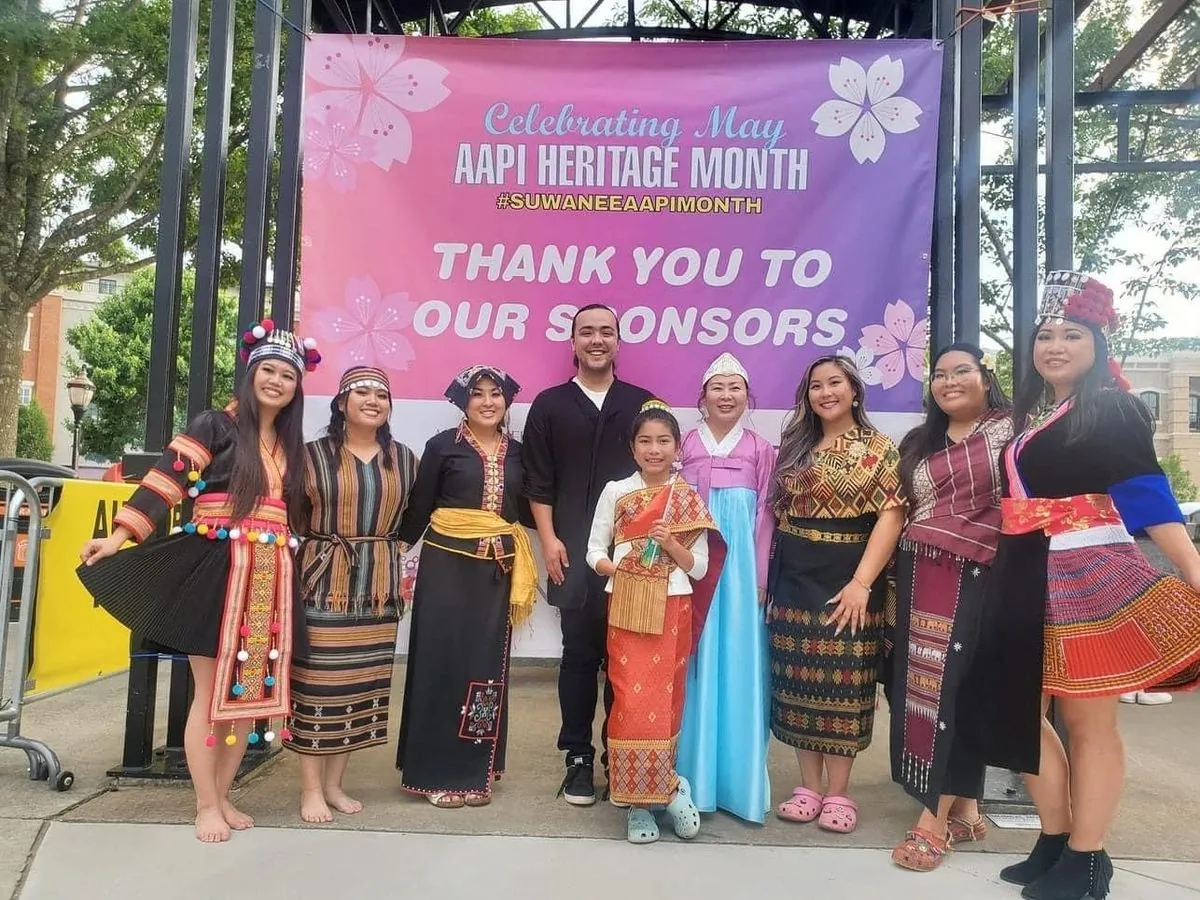Asian American Political Surge Reshapes Georgia's Electoral Landscape
Georgia's Asian American community, once politically overlooked, now wields significant influence in state politics. Their growing representation and unpredictable voting patterns are transforming local elections and party strategies.

In Georgia's State House District 99, a political transformation is underway, reflecting broader changes across the state. This once predominantly rural, Republican district has evolved into a multicultural suburb, with Asian Americans comprising about one-third of the population. This demographic shift has set the stage for one of Georgia's most competitive races, pitting Michelle Kang, a Democrat and first-generation Korean American immigrant, against incumbent Matt Reeves, a White Republican.
The increasing political engagement of Asian Americans in Georgia is part of a larger trend. Two decades ago, the state legislature had no Asian American representatives. By 2021, there were five, and now, in 2024, that number has more than doubled to eleven. This growth outpaces even states with larger Asian populations like California and New York.

The rise of Asian American political influence in Georgia is particularly noteworthy given the state's rich history. Georgia, which became the fourth state to ratify the U.S. Constitution in 1788, has long been at the forefront of political innovation. It was the first state to lower the voting age to 18, three years before the 26th Amendment made it national law. Now, it's leading the way in Asian American political representation.
The Asian American electorate in Georgia is diverse and unpredictable. Unlike the more established voting patterns of White and Black Americans in the state, Asian American voters come from various backgrounds and political systems. This diversity makes them a potential game-changer in close elections. In fact, Asian American votes exceeded the margin of victory in Georgia's 2020 presidential race.
The 2021 Atlanta spa shootings, where six of the eight victims were Asian women, served as a catalyst for increased political engagement among Asian Americans. Russell Jeung, co-founder of Stop AAPI Hate, described the event as a "watershed moment" for the community. In response, a record number of Asian American candidates ran for office in 2022.
Both Kang and Reeves are actively courting the Asian American vote through community engagement. Kang, who decided to run for office after the 2021 shootings, has attended various cultural events, including a mixer with the Philippine American Chamber of Commerce of Georgia. Reeves, who has lived in the district for over two decades, frequently participates in Asian American community events, demonstrating his commitment to understanding and representing this growing demographic.
"I was told by a pretty experienced Democratic operative at that point, 'You know, Michelle, because of your background and your experience, you are going to want to talk to a lot of Asian voters. However, do not waste too much time talking to Asian voters. Because Asian people don't vote.'"
This advice, given to Au in 2019, illustrates how quickly perceptions of Asian American voters have changed. In 2020, Asian American voter turnout in Georgia nearly doubled, reaching 2.7% of the overall vote - the highest increase in Asian American voter turnout in any state that year.
The political landscape in District 99 reflects the changing face of Georgia. Signs in Chinese, Korean, and Vietnamese line the roads, advertising a variety of Asian businesses. This cultural diversity is mirrored in the state's natural diversity, from the sprawling Okefenokee Swamp in the south to the gold-domed State Capitol in Atlanta, reminiscent of the state's gold rush history.
As Georgia continues to evolve, the Asian American community's growing political influence may reshape the state's electoral map. With their diverse backgrounds and weak party affiliations, Asian American voters have the potential to significantly impact future elections, making Georgia an increasingly important battleground state to watch.



































